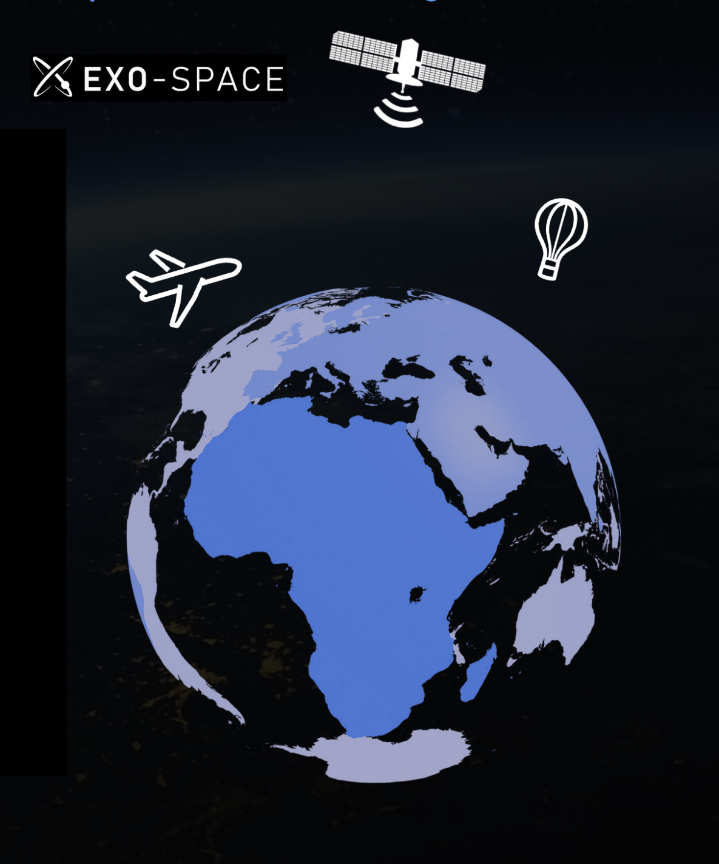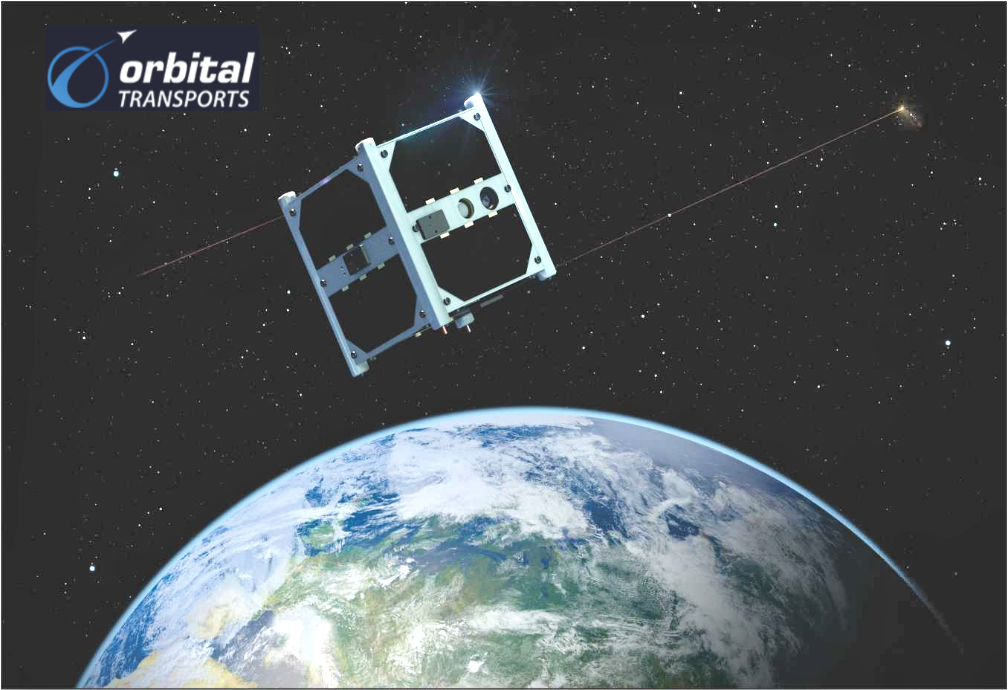
Exo-Space has announced an agreement with Orbital Transports to demonstrate their Vision-1 image analysis data processing unit on a Get Spaceborne rideshare mission in LEO.
rideshare mission in LEO.

The Vision-1 image processor executes novel, machine vision algorithms to detect and classify objects and structures within the field of view of on-board imaging systems.
Rather than sending large sets of raw data down to ground stations, the Vision-1 processes images directly from an onboard camera and sends down only the relevant information, reducing downlink costs and improving response times to observable events.
The Vision-1 is a compact Data Processing Unit for artificial intelligence applications on-orbit. Its small size (0.5U) makes it compatible with most cubesat platforms.
Orbital Transports conducts the mission planning and systems engineering, handles legal and regulatory compliances, performs payload testing and integration, provides launch vehicle integration, and supervises mission operations so customers can focus on their primary mission objectives and results.
“By flying with Orbital Transports, Exo-Space will obtain valuable flight experience and accelerate the development of our products,” said Jeremy Allam, CEO of Exo-Space. “It’s a great opportunity to demonstrate our machine vision hardware in LEO and acquire flight heritage in the space environment.”
“We’re excited to be flying the Vision-1 image processor for Exo-Space,” stated David Hurst, CEO of Orbital Transports. “Our Get Spaceborne rideshare missions offer an easy on-ramp to space for payloads ranging from technology demonstration and qualification to full constellation-scale deployments. If you want to put a payload in space or even deploy sensors or instruments in a constellation, there is no longer any reason to build your own satellites. You save money, time, and resources with our turn-key hosted payload services.”
rideshare missions offer an easy on-ramp to space for payloads ranging from technology demonstration and qualification to full constellation-scale deployments. If you want to put a payload in space or even deploy sensors or instruments in a constellation, there is no longer any reason to build your own satellites. You save money, time, and resources with our turn-key hosted payload services.”
